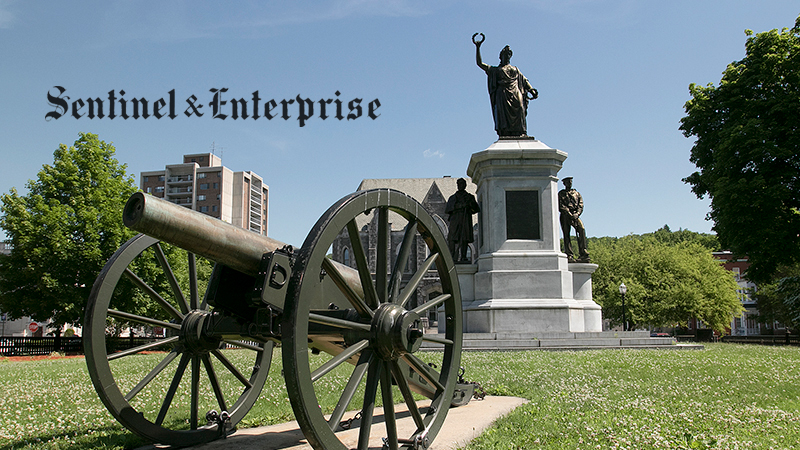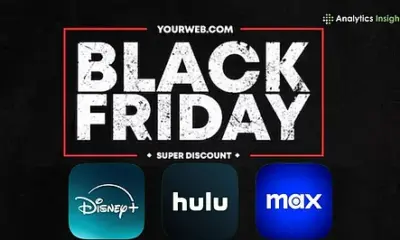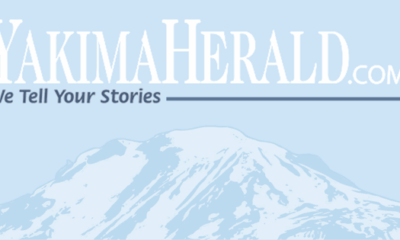Technology
Public Outcry for Free Speech: Comedy vs. Journalism Dilemma

Recent events have sparked intense discussions surrounding free speech, particularly in the context of comedy and journalism. As public figures face pressure over their expressions, many individuals who typically remain silent on issues affecting the press are now vocal. This shift raises questions about the disparity in public response between attacks on comedians and those on journalists.
While the entertainment industry garners immediate outrage when performers face consequences for their jokes, the same level of attention does not extend to journalists pressured by ownership or political forces. In the case of comedian Jimmy Kimmel, a backlash followed his suspension, with calls for accountability directed at Disney, the corporation that owns his show. In contrast, when Jeff Bezos influenced the cancellation of a critical endorsement of Kamala Harris by the Washington Post, the public’s anger largely fell on the newsroom rather than the ownership itself.
Disparities in Public Reaction
The difference in reactions is striking. As conversations about the First Amendment become more prevalent, many who have never engaged in such discussions before are now expressing concern. Yet, these same individuals often overlook the ongoing struggles faced by journalists, whose ability to report freely has been compromised by corporate interests and political pressures.
In a notable incident, the investigative program 60 Minutes publicly criticized its parent company for interfering with its reporting. Anchor Scott Pelley explicitly warned viewers about the implications of ownership decisions on journalistic integrity. Despite the seriousness of this message, it did not generate the same fervor as the outcry over Kimmel’s situation.
The erosion of press freedom remains a pressing concern, yet the public response to it has been muted compared to reactions over comedic censorship. Many of those rallying for free speech in the Kimmel controversy are not regular viewers of his show, but rather concerned citizens. The irony lies in the fact that the same corporate owners and platforms often dictate what news reaches the public, influenced by governmental threats.
Ownership Pressures and Public Perception
The Washington Post incident illustrates how ownership decisions can overshadow journalistic integrity. Following Bezos’s influence on the endorsement cancellation during a crucial moment in the 2024 presidential election, staff members reacted fiercely, calling it a capitulation to political pressure. Some even resigned in protest, warning that this precedent could jeopardize democracy.
However, the public’s anger was often directed towards the newsroom rather than the larger issue of ownership interference. In contrast, when Kimmel faced consequences, the outcry focused squarely on Disney as the corporate entity. This disparity in accountability highlights a troubling trend: the public often sees the press as a flawed industry rather than a vital component of civic life.
The decline of local news has exacerbated this disconnect, making the press feel abstract instead of a part of community engagement. Consequently, when journalists resign or raise alarms about press freedom, it is often viewed as an internal issue rather than an infringement on a constitutional right.
Journalists have also contributed to this perception by failing to effectively communicate that the freedom of the press is a public concern, not solely an industry issue. This disconnect is critical, as the rights to free speech and a free press are interdependent and essential for fostering public debate.
As Wafa Unus, an associate professor of journalism at Fitchburg State University, notes, the current climate calls for a reassessment of how society views journalism. If the public is willing to defend comedians facing censorship, they must also stand in solidarity with journalists working to expose the truth against similar pressures.
Ultimately, recognizing the erosion of press freedom is vital to ensuring its preservation. If society fails to act against these encroachments, it may find itself confronting the collapse of a fundamental democratic right before it is too late.
-

 Technology5 months ago
Technology5 months agoDiscover the Top 10 Calorie Counting Apps of 2025
-

 Health2 months ago
Health2 months agoBella Hadid Shares Health Update After Treatment for Lyme Disease
-

 Health3 months ago
Health3 months agoErin Bates Shares Recovery Update Following Sepsis Complications
-

 Technology4 months ago
Technology4 months agoDiscover How to Reverse Image Search Using ChatGPT Effortlessly
-

 Technology1 month ago
Technology1 month agoDiscover 2025’s Top GPUs for Exceptional 4K Gaming Performance
-

 Technology2 months ago
Technology2 months agoElectric Moto Influencer Surronster Arrested in Tijuana
-

 Technology5 months ago
Technology5 months agoMeta Initiates $60B AI Data Center Expansion, Starting in Ohio
-

 Technology5 months ago
Technology5 months agoRecovering a Suspended TikTok Account: A Step-by-Step Guide
-

 Health4 months ago
Health4 months agoTested: Rab Firewall Mountain Jacket Survives Harsh Conditions
-

 Lifestyle5 months ago
Lifestyle5 months agoBelton Family Reunites After Daughter Survives Hill Country Floods
-

 Technology4 months ago
Technology4 months agoHarmonic Launches AI Chatbot App to Transform Mathematical Reasoning
-

 Technology3 months ago
Technology3 months agoUncovering the Top Five Most Challenging Motorcycles to Ride





















